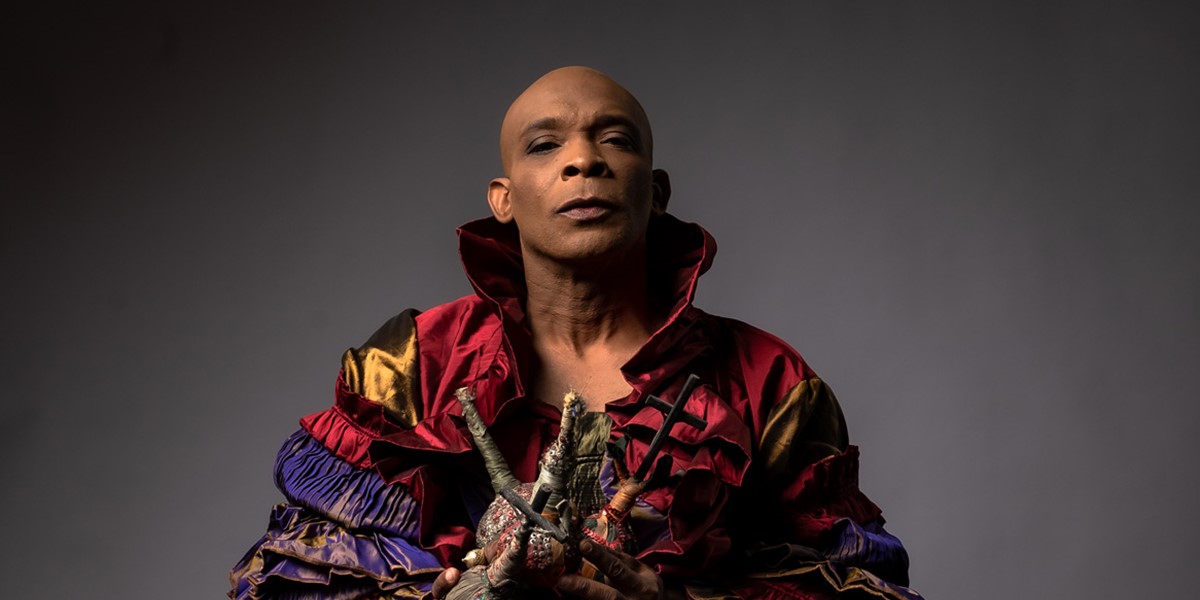Thursday, January 19, 2023
Erol Josué interview: “I wanted to participate in the reconstruction of Haiti’s national heritage. I needed to be there”
The vodou priest, singer, actor and choreographer Erol Josué is on a mission to dispel the myths and misconceptions about Haiti’s musical religion

Erol Josué (photo: Verdy Verna)

Register now to continue reading

Thanks for visiting the Songlines website, your guide to an extraordinary world of music and culture. Sign up for a free account now to enjoy:
- Free access to 2 subscriber-only articles and album reviews every month
- Unlimited access to our news and awards pages
- Our regular email newsletters

